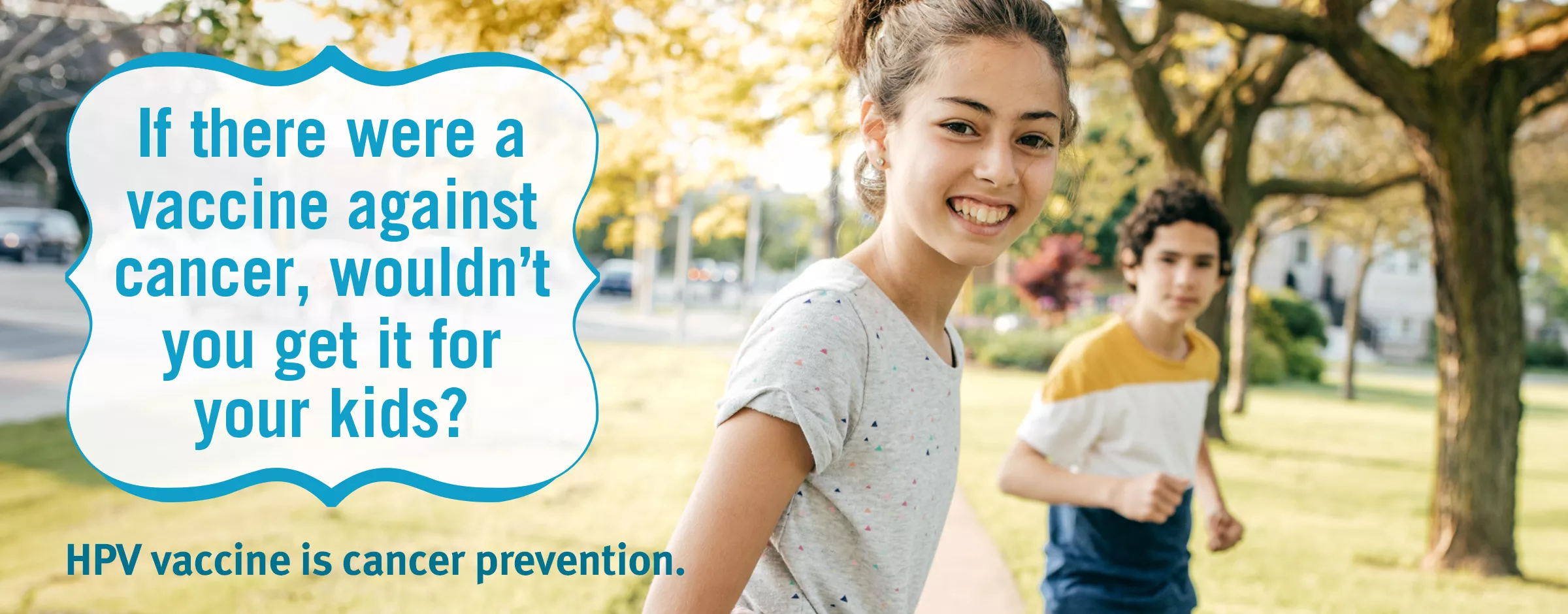About 12,000 women get cervical cancer every year in the U.S., and a third of those cases are fatal.
According to the Centers for Disease Control and Prevention, nearly all of those cases are linked to the human papillomavirus infection, also known as HPV.
HPV can also cause other forms of cancer. Experts say the infection causes between 50 and 60 percent of cancers including cervical cancer, vaginal and vulvar cancers, anal cancer, throat cancer and penile cancer.
However, there is a vaccine that can help prevent these cancers. Here’s what you need to know.
HPV vaccine guidelines
About nine in 10 people will catch HPV eventually, and medical experts recommend that both males and females get the vaccine before they become sexually active.
According to the National Cancer Institute, the vaccine has helped to lower HPV among women in their 20s by nearly two-thirds.
There are three HPV vaccines available – Gardasil, Gardasil 9 and Cervarix.
The CDC recommends the vaccine for women through age 26, and men through age 21. But there are guidelines for when your child should get the HPV vaccine, based on age.
Boys and girls who are 11 or 12 should get two shots of the vaccine six to 12 months apart. Those who receive their shots less than five months apart will need a third shot.
If your child is 15 or older, he or she will need three shots over six months. Doctors also recommend that children with weakened immune systems receive three shots.
Children who are allergic to yeast or latex should not receive the vaccine. Talk to your pediatrician if your child has any severe allergies. Women who are pregnant should also not get the HPV vaccine.
As with any vaccine, there can be side effects. Common side effects include pain, redness or swelling in the arm where the patient received the shot; fever; headache or feeling tired; nausea; and muscle or joint pain.
According to the CDC, most people who get the vaccine never experience side effects.
Screening for HPV related cancers
The CDC says the HPV vaccine isn’t a substitute for cervical cancer screening, and it doesn’t protect against all types of HPV that can lead to cervical cancer. Women should still see their gynecologist for regular Pap tests.
There are no recommended screening tests for anal and penile cancers, or for throat cancers. You should visit your doctor regularly for checkups.




